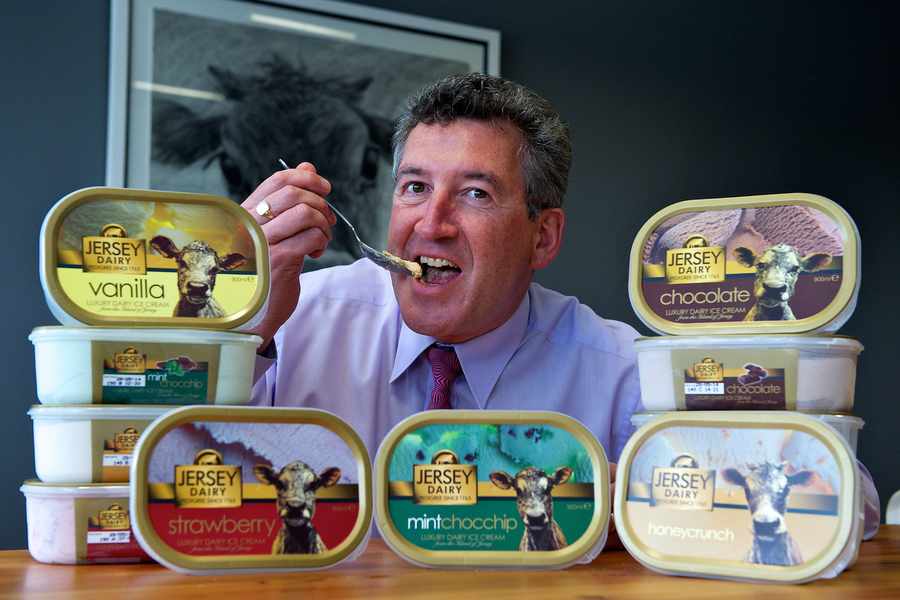Senator Sir Philip Bailhache said a balance had to be struck between engaging with countries whose human rights records were ‘not perfect’, and cutting them off.
According to the organisation Human Rights Watch, the Communist Party which rules China curbs expression and religion, prohibits independent unions and human rights organisations, and censors the press and internet.
- An estimated 500,000 people are currently enduring punitive detention without charge or trial.
- Millions are unable to access the legal system to seek redress for their grievances.
- Harassment, surveillance, house arrest, and imprisonment of human rights defenders are on the rise, and censorship of the Internet and other media has grown.
- Repression of minority groups, including Tibetans, Uighurs and Mongolians, and of Falun Gong practitioners and Christians who practice their religion outside state-sanctioned churches continues.
- While the recent reinstatement of Supreme People’s Court review of death penalty cases may result in lower numbers of executions, China remains the leading executioner in the world.
Human Rights Watch also say the Chinese government obstructs international scrutiny of its human rights record, insisting it is an attempt to destabilise the country.
At a quarterly Corporate Services Scrutiny Panel meeting yesterday, Sir Philip said it was ‘extremely important’ that the Island’s dairy trade links with the communist country were able to develop in order to improve economic growth in Jersey.
He made the comment as he was questioned on the ongoing review of the Island’s 16-point common policy, of which implementing UN sanctions to address activities which threaten human rights, is included. Sir Philip said it was not expected that the review would result in ‘any substantial changes’.
Sir Philip said: ‘We try to engage with China and are having some success in making inroads. We could take the view that their human rights record is not the equivalent of European countries but engagement with China has led to significant changes to China addressing its human rights.’
Panel member, Deputy Simon Brée, asked what specific changes had been brought about to China’s human rights record as a direct result of Jersey trading with the country.
David Walwyn, the director of External Relations, said that China’s 400 million people had been emancipated as a result of the country trading and engaging with jurisdictions around the world.
However, he added that Jersey’s small size meant its ability to influence China was ‘limited’.
‘Our trading of milk with China will be extremely important to enable the dairy industry to develop in China. Is that wrong?
‘Should we be saying we are not going to sell milk to you because we are not happy with your human rights record? It seems to be not sensible.’
Deputy Brée asked Sir Philip if Jersey could ‘take a different stance’ without compromising economic growth, but he replied: ‘It is difficult to do. Either we agree to trade with another country or we do not.’
- Hello – Knee how
- Where are you from – Knee tzuan nar lee lei
- What is your name neen gway shing
- Goodbye zi geeen
- Yes shr
- No boo shr
- No, thanks boo yong la, sheh sheh
- Thank you sheh sheh
- You are welcome boo young sheh
- Chopsticks kwhy za

The Jersey Dairy brand is well recognised in the Far-East, with more and more products being sent to China via Hong Kong, as the route is cheaper.
Almost ten per cent of overall milk produced at the Dairy is sent to Hong Kong, which equates to 22,000 litres of milk per week.
All cows are registered in the herd book, they all have to be pedigree, they all have to be milk recorded once a month and we don’t allow cows to be kept inside 365 days a year – and that’s becoming quite common in the UK.’
Milk that is high in fat, particularly the full cream version which is over five per cent, is popular in China as they prefer their milk to be higher in fat.
According to Mr Le Gallais, green, half fat, and blue, semi-skimmed, milk are the most popular in Jersey whereas in China over 50 per cent of what is sent is the high-fat milk, which Islanders will recognise as coming in yellow cartons, because it is ‘special’ and very few people are able to replicate that.
‘We have to get very competitive in the skimmed milk market because that can come from a black and white cow, but the level of butter fat that we are selling, you’d never get that from a black and white cow.
‘We want to be positioning ourselves at the top end of the international market. As you see in the UK the problem with milk uniquely is that the individual farmer has lost the ability to sell a product into a transparent market. It’s not transparent anymore because it’s so competitive and because milk is the first thing to be discounted in the supermarket.’
Jersey ice cream will be the next product to be sold to the Chinese market, with six flavours due to launch in the coming weeks.
The Dairy organised for an ice cream tasting session for 120 visiting students from Bayi School in Beijing on their visit to Hautlieu School earlier this year.
Overall Mr Le Gallais said the students were impressed with the ‘special creamy flavour’ of the product, which will be leaving Jersey in April and be on sale in leading retail outlets across China shortly after.
Bob Jones, head of marketing and export at Jersey Dairy, said that the ice cream market was very ‘fast-growing’ because the quality of the ice cream using milk from Jersey cows is of such a high standard.
More than 1.2 million litres of soft-mix ice cream was exported to the UK and Ireland last year and it is hoped that exports alone will exceed two million this year.






